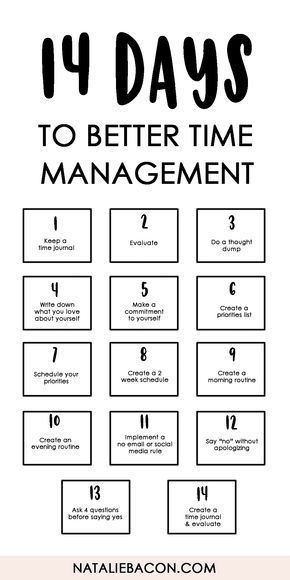Time is a precious commodity. The success or failure of an individual, project or business ultimately depends on how effectively time is managed. Developing time management skills is, therefore, a vital step towards achieving personal and professional success. This article will cover practical tips and techniques that will help you develop these essential skills.
Understanding Time Management
Time management is the process of organizing and planning how much time is spent on various activities. It involves setting goals, prioritizing tasks, and allocating time slots to carry out these tasks effectively. Effective time management allows you to achieve more in a shorter amount of time and reduces the likelihood of feeling overwhelmed.
Set Priorities
One of the most critical time management skills is setting priorities. You need to identify the tasks that are most important, urgent and require immediate attention. This means organizing tasks into different categories and prioritizing them based on their impact on your goals, deadlines, and time-criticality.
Create a Schedule
Developing a schedule is crucial to effective time management. Having a schedule helps you to organize and plan out your time and reduces the chances of procrastination. The best way to create a schedule is to use calendars and workplace software. By scheduling tasks, you can make the most of your day, minimize the risk of missed deadlines, and boost productivity.
Focus on One Task at a Time
Multitasking can lead to stress, reduced quality of work, and distractibility. Focus on one task at a time, complete it before moving onto the next. By doing so, you can go through your to-do list more efficiently and effectively.
Learn to Say No
It is essential to learn to say no politely but firmly to avoid time-wasting activities, give priority to your goals, and make the most of your time. Saying yes to everything can lead you to anxiety, overload and eventually burnout. Prioritize, say no to unimportant obligations, and use your time effectively.
Minimize Distractions
Technology has made communication and information easily accessible. However, in today’s digital era, technology can be a significant source of time-waste and distraction. Learn to minimize distractions like social media notifications, instant messaging apps, and pop-ups. Switching off your phone or the internet when engaging in a task that requires complete attention can help you stay focused and be more productive.
Take Breaks
Taking regular breaks can help you maintain focus, be more productive and prevent burnout. It makes it easier to get back to work, re-energized and with a clear mind. Breaks can involve short walks, stretching exercises, meditation, or other activities that help you relax and clear your mind.
You might find these FREE courses useful
- Work Smarter, Not Harder: Time Management for Personal & Professional Productivity
- Free Time Management Tutorial – Effective Time Management for Employees
- Engineering Project Management: Scope, Time and Cost Management
- Strategic Career Self-Management
Review Progress
Regularly reviewing your progress lets you measure your productivity and determine if you are effectively utilizing your time. Evaluating progress intermittently allows you to make adjustments, set new priorities, and re-allocate time to crucial tasks.
Conclusion:
Developing good time management is an ongoing process that takes time and practice to master. The key is to understand the value of time, set priorities, create a schedule, stay focused, avoid distractions, take breaks and regularly review your progress. These steps can help you get more done effectively, reduce stress, minimize burnout, and reach your personal and professional goals.


